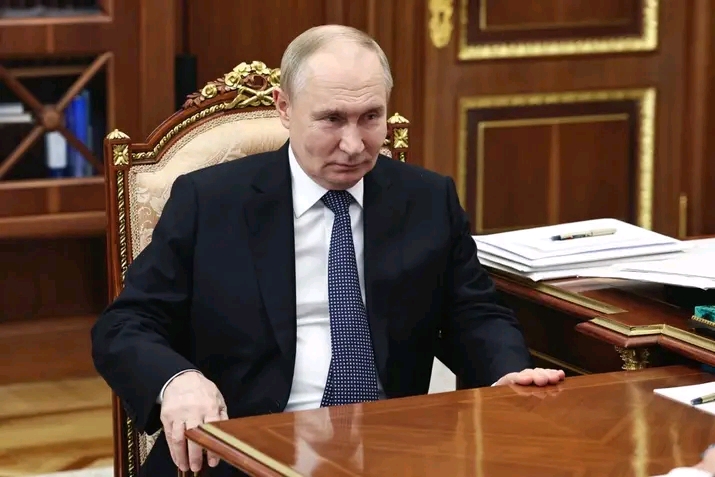By Ollus Ndomu
Russia has reaffirmed its support for the Alliance of Sahel States (AES) in their ongoing battle against Islamist insurgencies. The AES, comprising Mali, Burkina Faso, and Niger, has received military and law enforcement training from Russia since 2021, bolstering their capabilities against persistent security threats.
Russian official Vladimir Dzhabarov accused Ukraine of indirectly supporting separatist and jihadist movements in the Sahel. He alleged that Ukrainian actions destabilize the region, further complicating the AES’s fight against armed groups linked to al-Qaeda and ISIS.
Tensions between Ukraine and the AES escalated in August after Mali accused Ukraine of involvement in a deadly ambush. Following the allegations, diplomatic ties between the Sahel bloc and Kyiv were severed, marking a sharp deterioration in relations.
Russia’s deepening engagement in the Sahel underscores its growing influence in Africa, as Moscow provides both military aid and political support to regimes distancing themselves from Western alliances. The AES, formed after coups in its member states, has increasingly turned to Russia for assistance amid regional instability.
The West has expressed concern over Russia’s presence in the Sahel, viewing it as part of a broader strategy to expand its influence on the African continent. Meanwhile, the AES has framed its partnership with Russia as essential to countering security threats and achieving regional stability.


